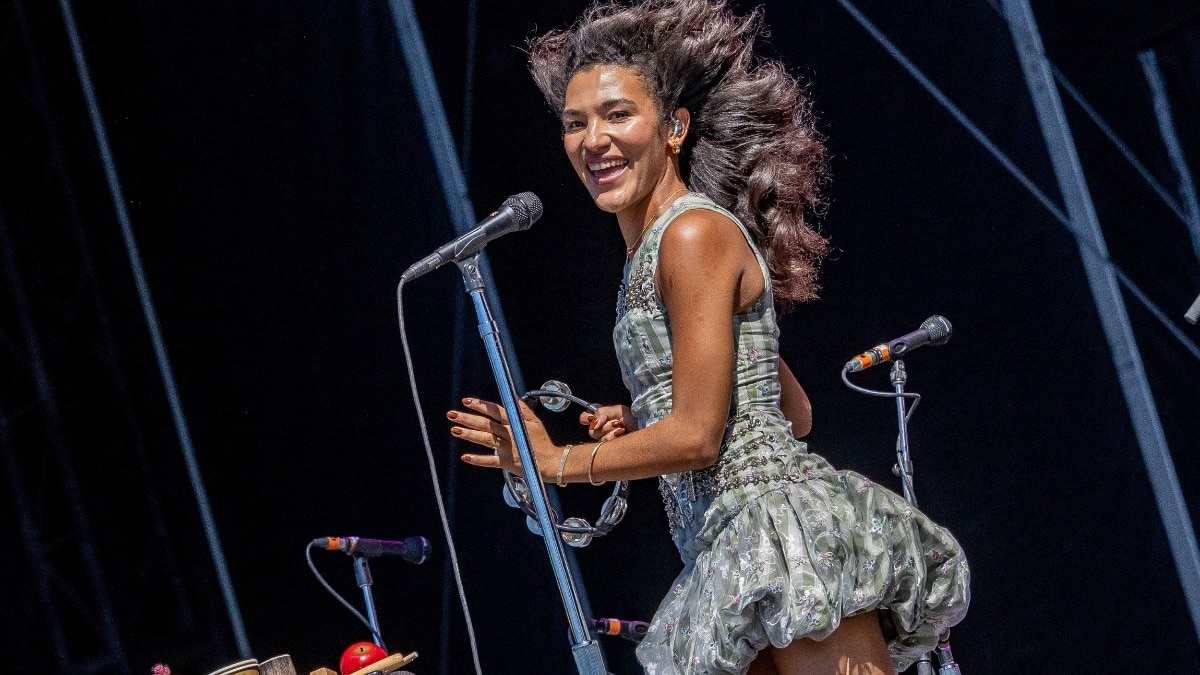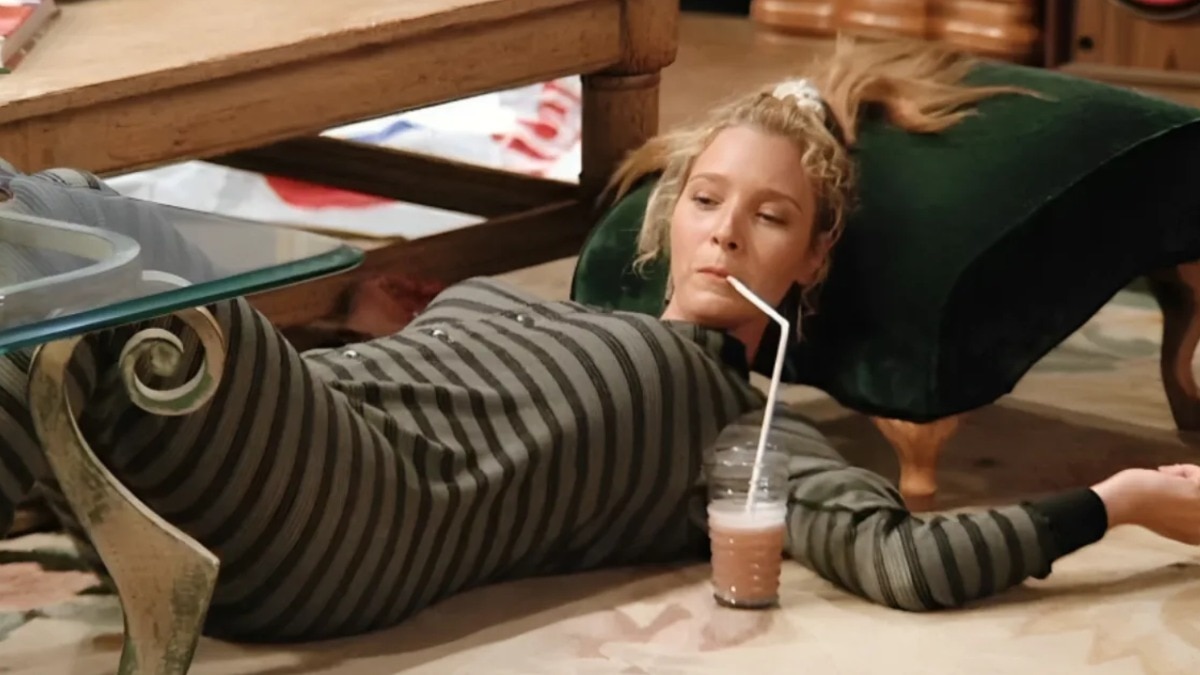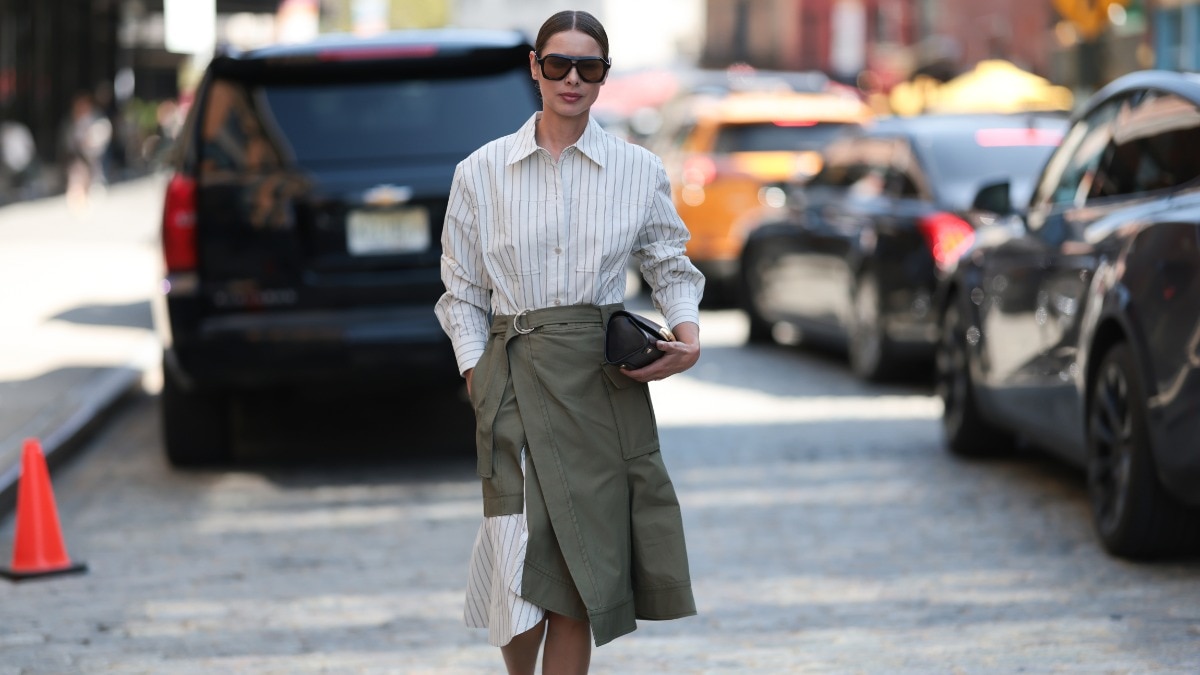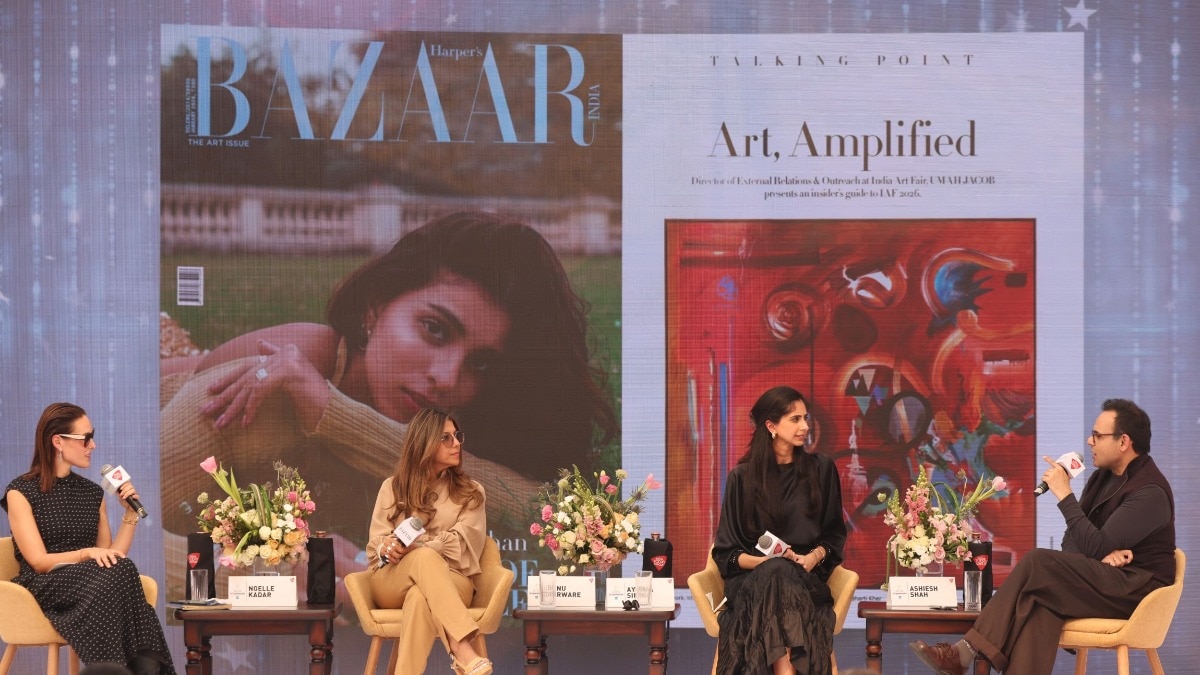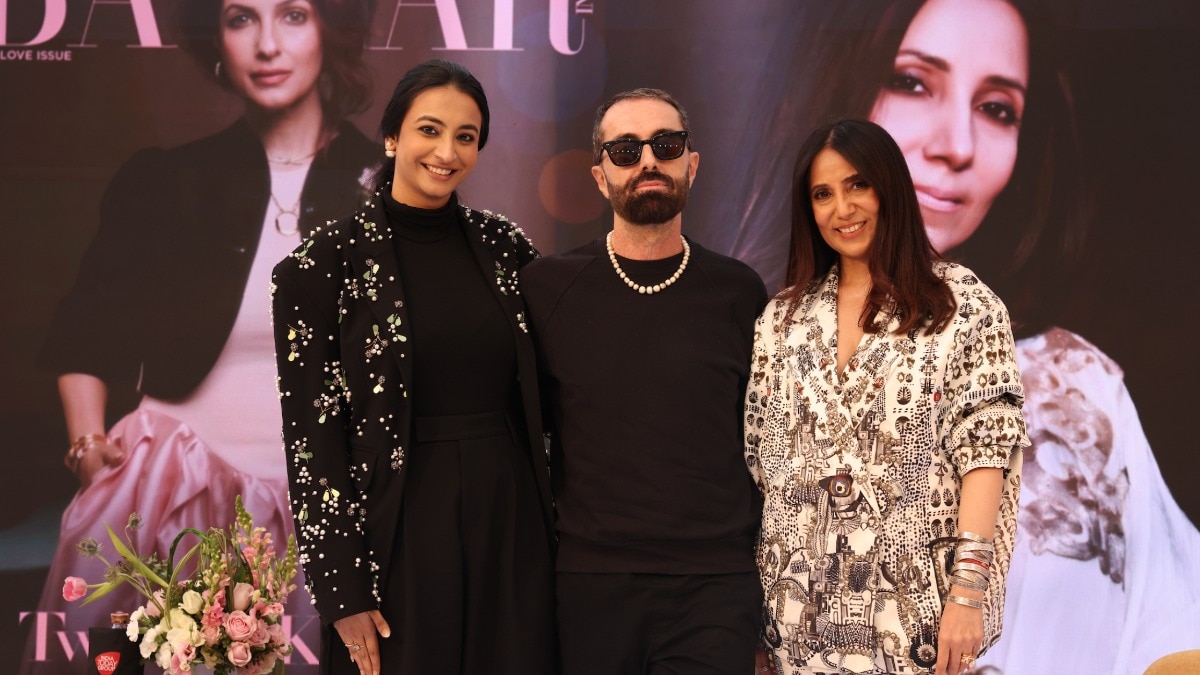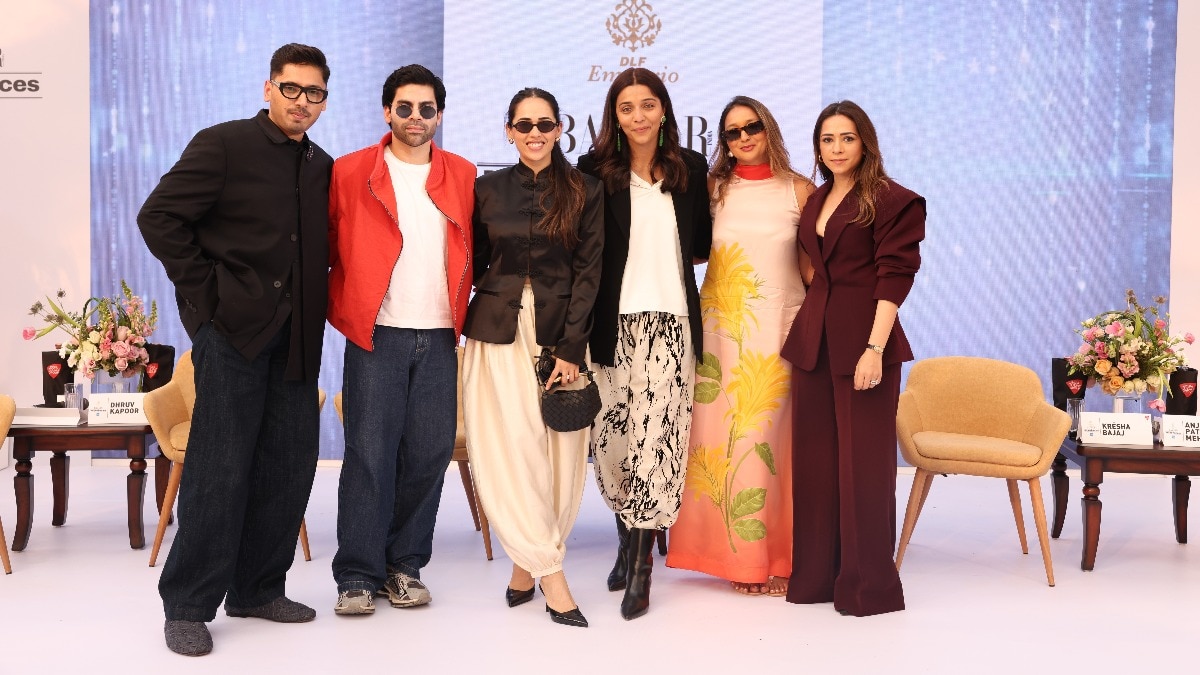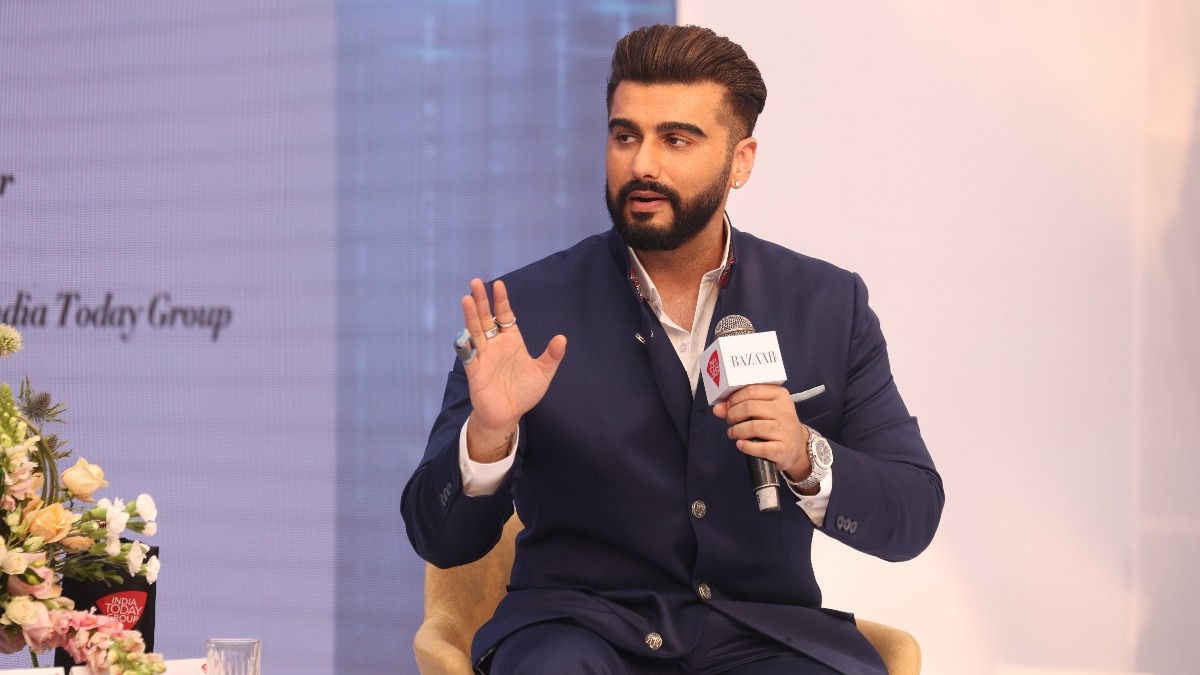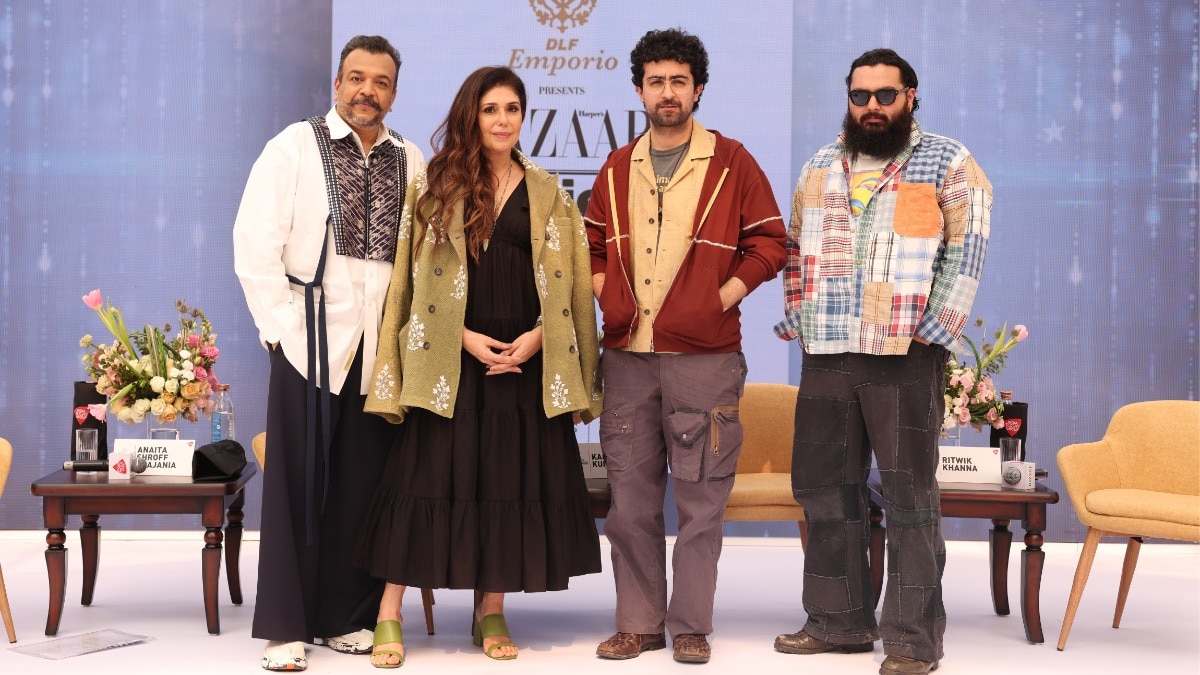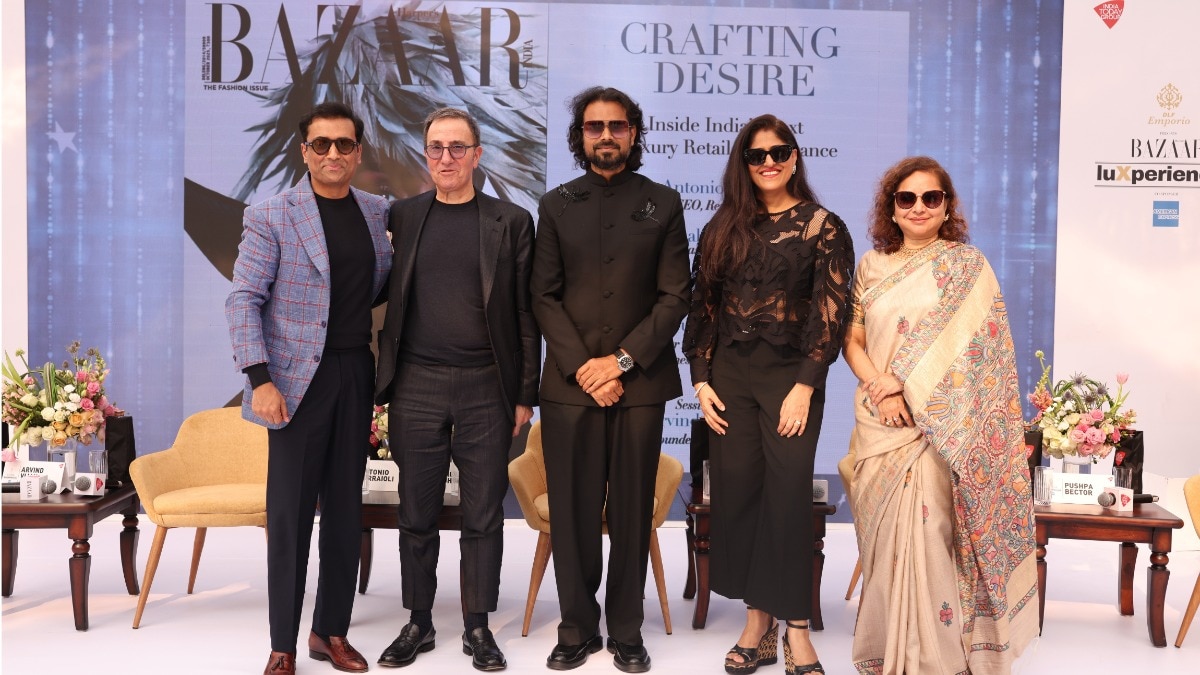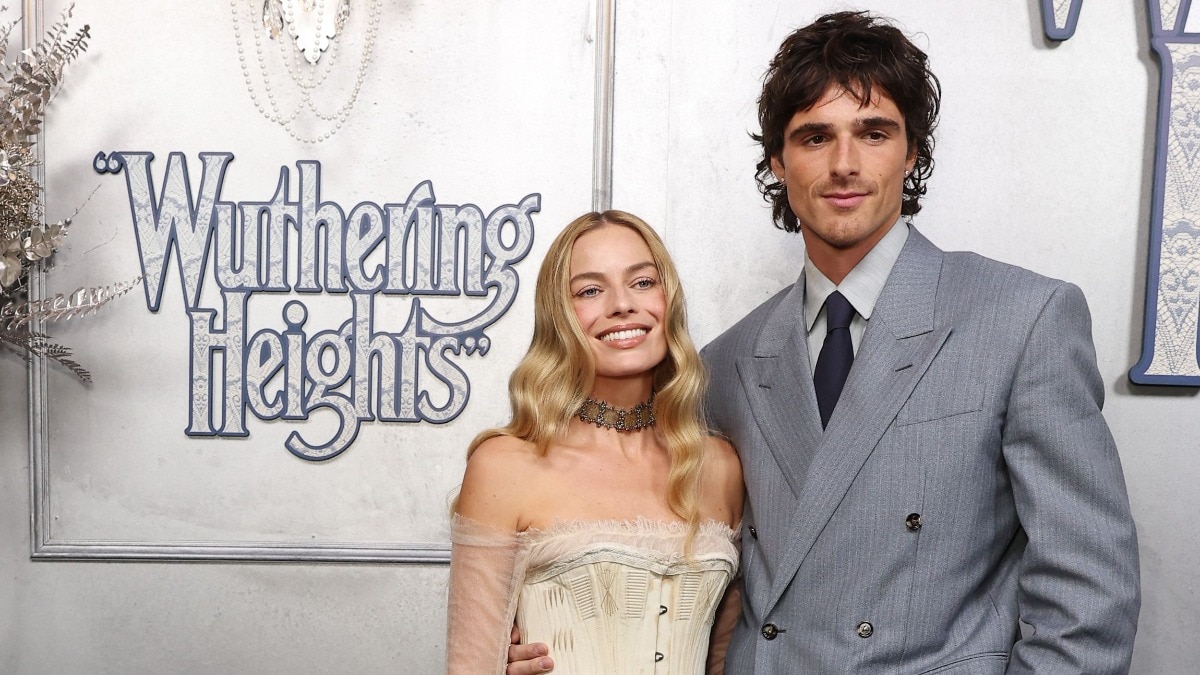Shabana Azmi on working with a suspension of disbelief to improve her acting chops
One of India’s most versatile actors talks about playing woman of substance throughout her career, and acting in what she well and truly believes in.


Shabana Azmi is a five-time National Award winner. Her films paved the way for women-centric roles being written today. For me, her most memorable character portrayal was in the 2002 film Makdee, where she sent shivers down my spine; I was 12 at the time. I couldn’t sleep that night. She was menacing as Makdee, the witch. A few years later, when I delved into the world of cinema and came to recognise and appreciate the art, I realised how compelling she was in that role.
I sat looking at Azmi from the other side of the screen, remembering that day and smiling away at the fact that she had an important part in my parents' love story—Arth, one of Azmi's national award wins, was the first movie they saw together.
The actor, in an exclusive interview with Harper’s Bazaar talks about her upcoming film What’s Love Got to Do with It?, portraying solid women in her career, working on Halo, the directors who bring out the best in her, stepping into Karan Johar's world, and her ageless romance with Javed Akhtar among other things..

Harper’s Bazaar: I saw the trailer of What’s Love Got to Do with It? a couple of days ago and the entire mood of the film makes it a pretty easy choice for any actor to be a part of? What part of it stood out for you?
Shabana Azmi: You would have to be daft to say no to such a film. It had everything—I was working again with Shekhar Kapur, the film had a brilliant script, and an actor such an Emma Thompson—whom I’ve admired for a very long time—and Lily James are part of the cast. But above all, it was the script. In today’s times when everything is dark, there’s a film with so much heart, warmth, and humour, and celebrates two cultures without any judgment or casting them into stereotypes. If you can show a community that hasn’t got a lot of visibility, and present them without clichés, it is a big service you can do.
HB: People talk about women-centric films and roles that see women take control and ownership of their life, but you’ve been doing that from the beginning. Actors such as you, Smita Patil were trendsetters even before we knew it...
SA: I cannot take all the credit for it, except that I made these choices. The due recognition goes to writers, directors, and above all, producers who were willing to take that chance at a time when you watched Hindi films that had dialogues like 'Main Chup Rahungi' (I will remain silent), which was considered a virtue for women. The credit must go to the entire team.
HB: How did it feel when fans, especially women, came to you and discussed their problems because they knew you represented something?
SA: I wasn’t ready for it. After Arth released, hordes of women walked into my house. To begin with, they weren’t fans; they came in sisterhood. They were so moved by the film that they thought I’d be able to resolve their family and marital problems. This came as a shock to me because I was merely an actor who was playing her part. But I realised how often the audience mistakes the character for the actor, and how big a platform I had. I used to work with women much before the movie, but the resolve to do it in a sustained manner strengthened post Arth. It amazes me that even 30 years later women come up to me and tell me it’s been a film that’s given them strength and played an instrumental role in their transformation. So many years later, Arth continues to be a very relevant film.
HB: Was playing strong-willed woman across such an illustrious career a sign of good films being made back in the day or a conscious decision on your part?
SA: It was both. Like I said, the credit must go to the parallel cinema being made back then. In mainstream cinema, women continued to play stereotypical roles—whether it was someone dancing in the Alps in a chiffon sari or the suffering and all-forgiving wife or mother. Thus, it was left to the parallel cinema to give women agency and push the bar.
I remember many well-wishers telling me that Ankur is the wrong film to make my mark because the character has an extra-marital affair and someone steals rice from her landlord, and it was enough reason to brand her as a negative person. These things didn’t matter to me because, for me, stealing rice made her so much more human and real than the protagonist we saw in Hindi films. That’s what attracted me to it. At the Film and Television Institute of India (FTII), I was exposed to a kind of cinema that wasn’t easily available in Bombay that time, and that helped me a lot. I saw European and Japanese films. It was an amalgamation of my parents' ideologies—they always believed that art should be used as an instrument for social change—and exposure to international cinema. Of course, the credit equally goes to people like Shyam Benegal, who piloted the parallel cinema movement in India.
HB: And we see that in the amount of social causes that you support as well.
SA: In order to be a good artist, your resource base has to be like itself. You have to learn by observing life around you. A time comes where you can’t treat your work like a 9-6 job, and I cannot say that I will play women who are fighting the system and then come back at six and go back to that kind of life. Some of the residue of those characters is bound to stay with you, especially when you realise that it’s such a potent medium in which change is possible. You want to be at the front. My work as an activist and an actor aren’t two separate things; I have the same concerns and world view, regardless of which medium it is.

HB: What were the conservations when you worked with Steven Spielberg for Halo? It surely must have been a wonderful learning experience for both, you and him?
SA: Halo is a universe that I didn’t know at all; I had no idea about the video game, but I thought it must be something very important because my then 14-year old nephew, who had never given me any time of the day, suddenly looked up to me in admiration and said ‘OMG. You’re in Halo’. So, suddenly I became very important in his view, because he’d been playing that game as a teenager. Then a whole universe of Halo fans opened up. I’ve just completed shooting for the second season a few days back. As an actor it’s also very exciting because you get a chance to expand your imagination. In terms of acting, you have to do a lot of work against the green screen, which means it leads to different facilities within you to use your imagination and see things being done. It’s very interesting.
HB: Do you believe that there is always a director who brings out the best in you? In this case, Shyam Benegal...
SA: It’s famously said that films are a director’s medium, theatre is an actor’s medium, and TV is a writer’s medium. I think filmmaking is a collaborative process; although the actor gets the greatest plaudits, the fact is that the actor is aware of an entire team of technicians behind-the-scenes, who hide their weaknesses and enhance their strengths. If ever I’ve given a decent performance in a film, I place it completely on the shoulders of my director. Along with Shyam Bengal, Mahesh Bhatt, and Shekhar Kapoor, I’ve also been very lucky to work with a whole host of directors in Bengal—Satyajit Ray, Mrunal Sen, Aparna Sen, Gautam Ghosh, and Tapan Sinha. When it comes to films, the director definitely has a huge role to play.

HB: Your next film, Rocky Aur Rani Ki Prem Kahani, seems to be a typical masala potboiler. How was it to step into that world?
SA: It is a quintessential Karan Johar film, and I realised that the only way I could be in this film would be by surrendering completely to his vision. Karan Johar and Manish Malhotra decided how I would look, what would happen, etc. So, I’d say if they (audiences) like me in the film, the credit goes to these two and if they hate me, they’d be responsible and better take the blame (laughs).
I don’t want be restricted to one kind of cinema. In a film like this, you have to work with a willing suspension of disbelief. And it’s very important for actors to do every kind of film. They should have that in repertoire. Doing a film like Rocky… wasn’t something new to me. And mainstream movies are not new to me in that sense, I’ve done films like Amar Akbar Anthony, Parvarish, and Fakeera.
HB: Is there any role that you want to do? Something that’s on your bucket list and you’re just waiting to tick at the earliest?
SA: I wish it were. It’s because I am the best screenplay writer in the house. I have so many directors in the family and I twist everybody’s ears and say ‘Make something for me’. At the moment, I haven’t thought of any great character. The day that happens, I’ll be twisting their ears.
HB: We’d love to see a film made on the adorable love story between you and Javed Akhtar. What is the glue that binds you together?
SA: It’s really his sense of humor and wit. He’s so witty, it’s unbelievable. A lot of my friends keep telling me ‘how can you keep laughing at him’, and I tell them that his remarks are hilarious. I love that he is capable of serious in-depth conversation and then completely go crazy and mad with his sense of humour. He is really the wittiest and most intelligent person I know.
Our similar world view binds us together. In fact, he always says that ‘Shabana and I have such similar backgrounds that we should have had an arranged marriage’. So we come back now to What’s Love Got to Do with It? because it deals with arranged marriage.
HB: Considering Farhan and Zoya Akhtar both are now acclaimed directors, when do we get to see you star in one of their films? Has this ever been a conversation at home?
SA: You know it’s been a conversation so often that I’ve told people that ‘I may convince Steven Spielberg to take me in a film, but I don’t know about Zoya and Farhan’. And it’s turned out true. Spielberg cast me before they did. I have done a short film with Farhan (Positive), and I’m about to start a web series with Excel Entertainment called Dabba Cartel, but I still need to do a film with them.
HB: Along with films, we see the commendable work that you do for Mijwan. What can we expect from the two of you in the year to come?
SA: Mijwan has been successful with our partnership with Manish Malhotra where the girls do the Chikankari embroidery for him and he embellishes them. Every year, we have a fashion show that brings together the stars of the film industry and that has given the girls a lot of confidence. They come up to me and say, ‘Didi, SRK ne woh sherwani pehni hai jiski embroidery maine ki thi’ (Shah Rukh Khan has worn the sherwani with my embroidery work). They’re empowered and that has changed the status quo in their families. Women, from being considered liabilities are now the assets, because they’re earning. We’ve also enabled them to open their bank accounts and set-up ATM in the village. There has been a transformation in the mindset and that makes me happy. When you do that, it brings real change; it loosens the patriarchal mindset. That, to me, is the biggest achievement.
HB: Coming back to the movie, What’s Love Got to Do With it, how was it to work with Shekhar Kapur again? Did you take off from where you last left things?
SA: Shekhar and I were friends and have continued to be. On the set, it never felt so much time has passed. He’s a director who really cares for his actors, and doesn’t push his vision down your throat. He inspires you to do what he wants. In fact, I would say the actor-director relationship works beautifully well with him.
What is important to remember is that we were shooting for the film in London during Covid. There were strict protocols that we had to adhere to. We could not meet after pack-up even on weekends. But gave us the advantage to sit on the set instead of rushing back. Over there, there was a central make-up spot, so we got a lot of time to bond with everyone. We knew that we couldn’t meet outside the set, and this camaraderie brought the family feel to the movie.
HB: What’s the biggest takeaway that you want audiences, watching the film, to be left behind with?
SA: It’s a film made with all heart. At a time when the world is turning really cynical, it’s good to have a film with so much heart. Emma (Thompson), who’s seen the film twice, messaged me to say the same. She’s an award-winning scriptwriter, so it means a lot coming from her. We’ve got very good reviews in the UK and I hope people in India watch and enjoy it.

